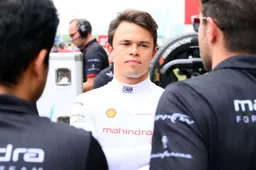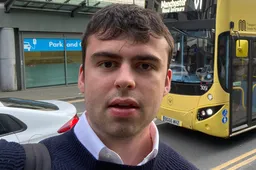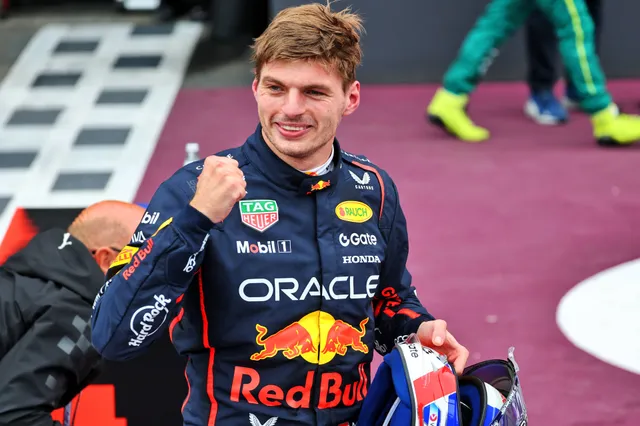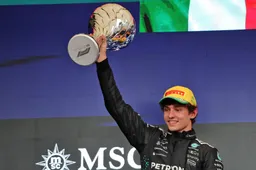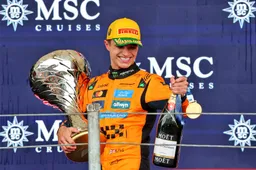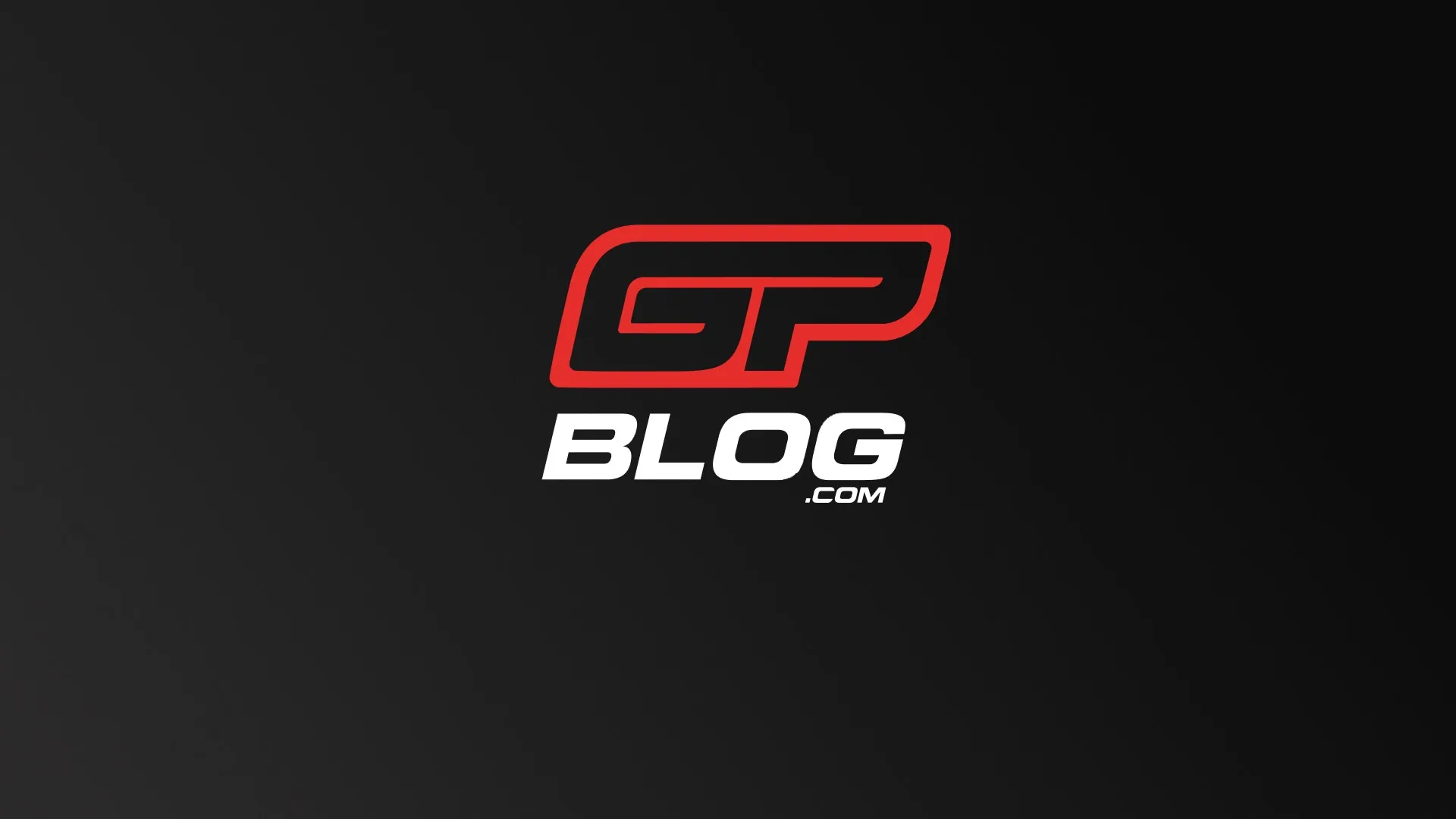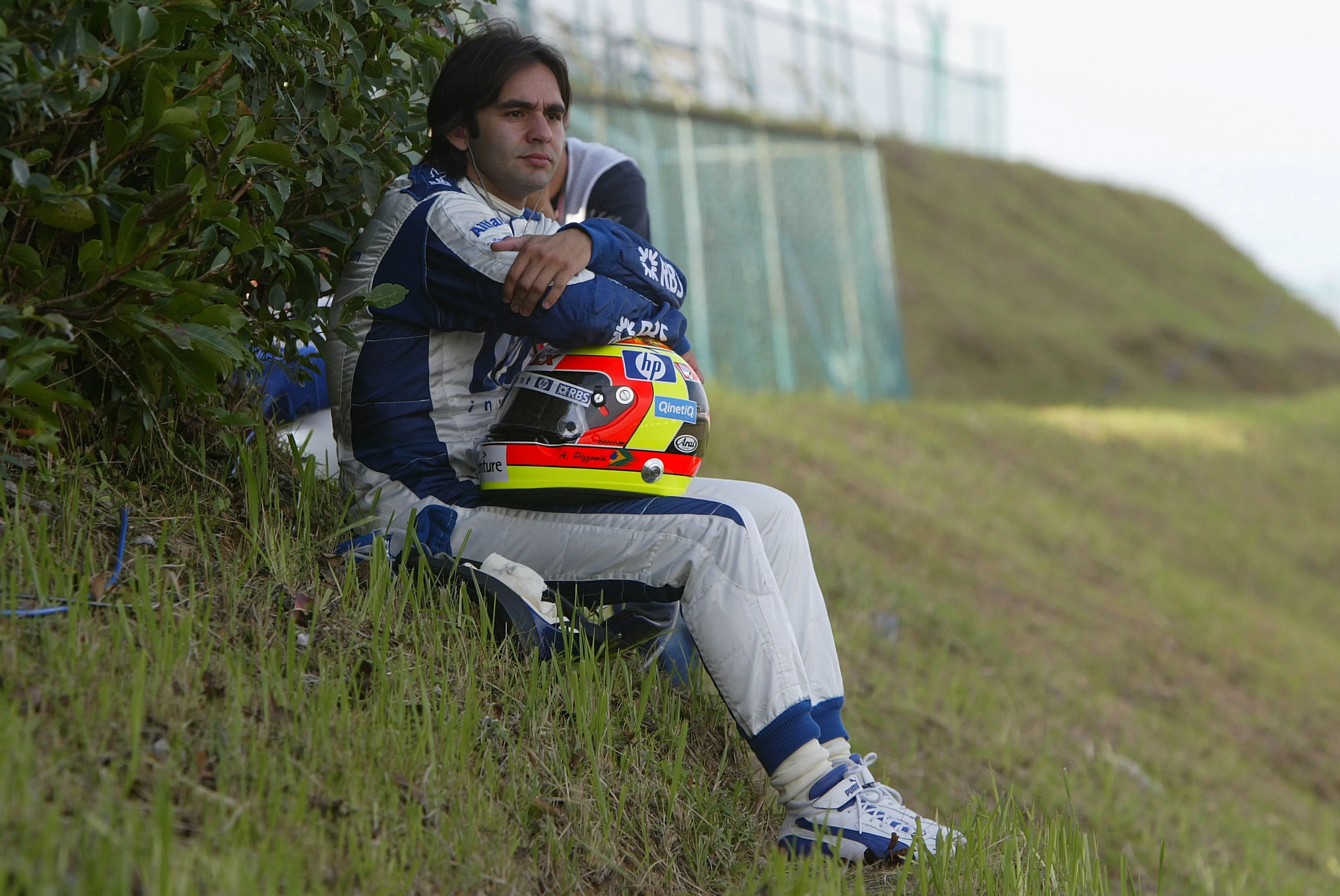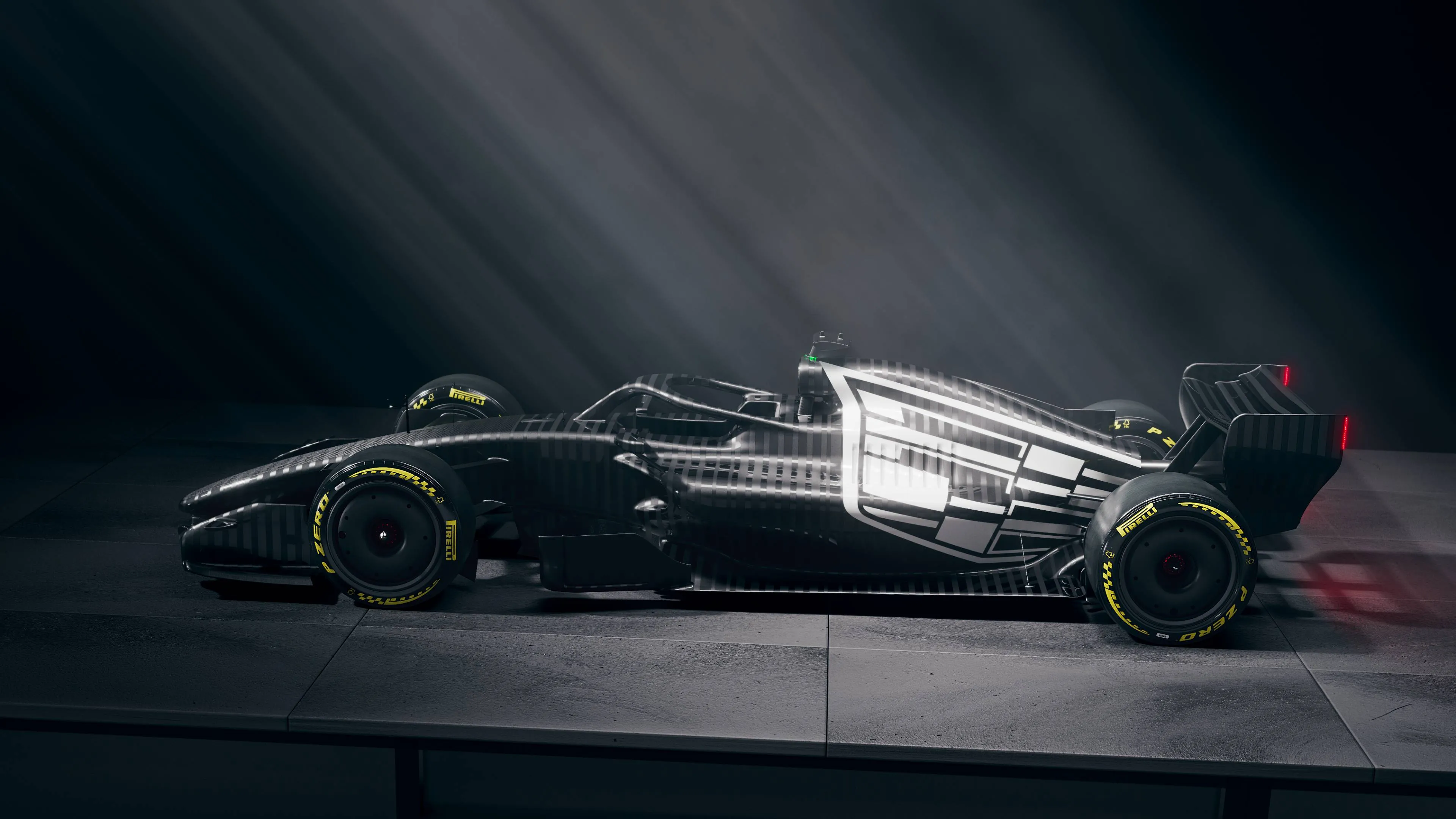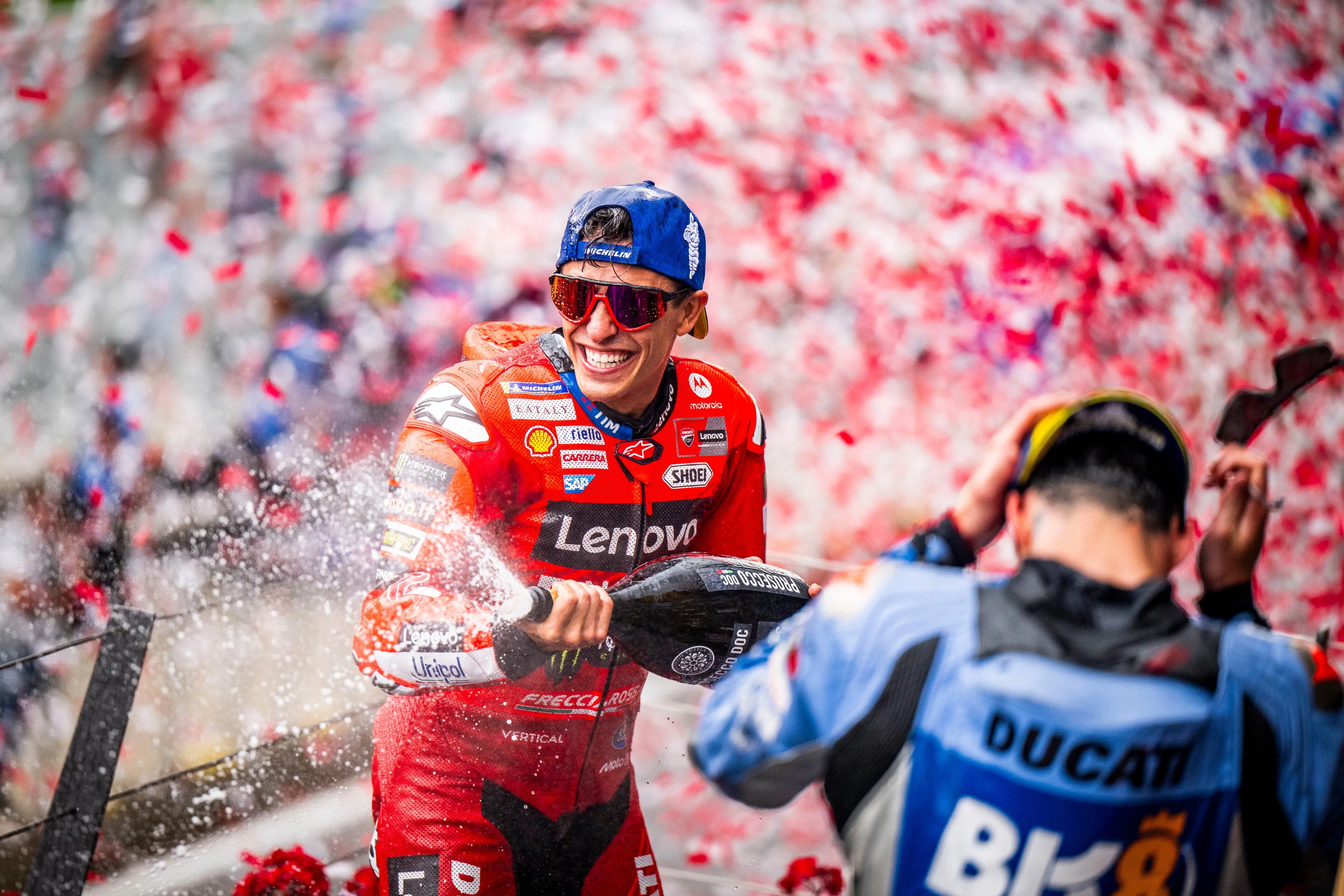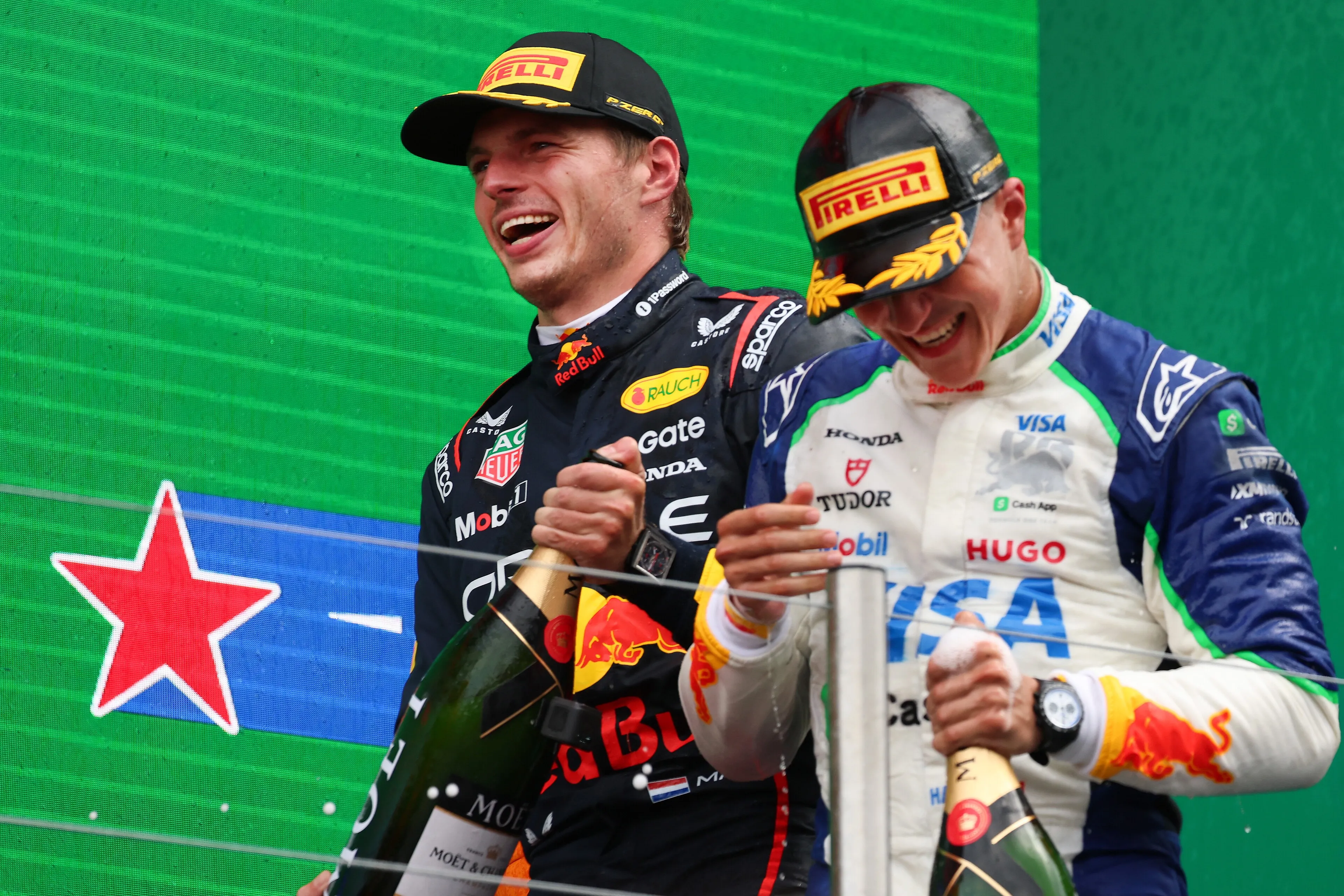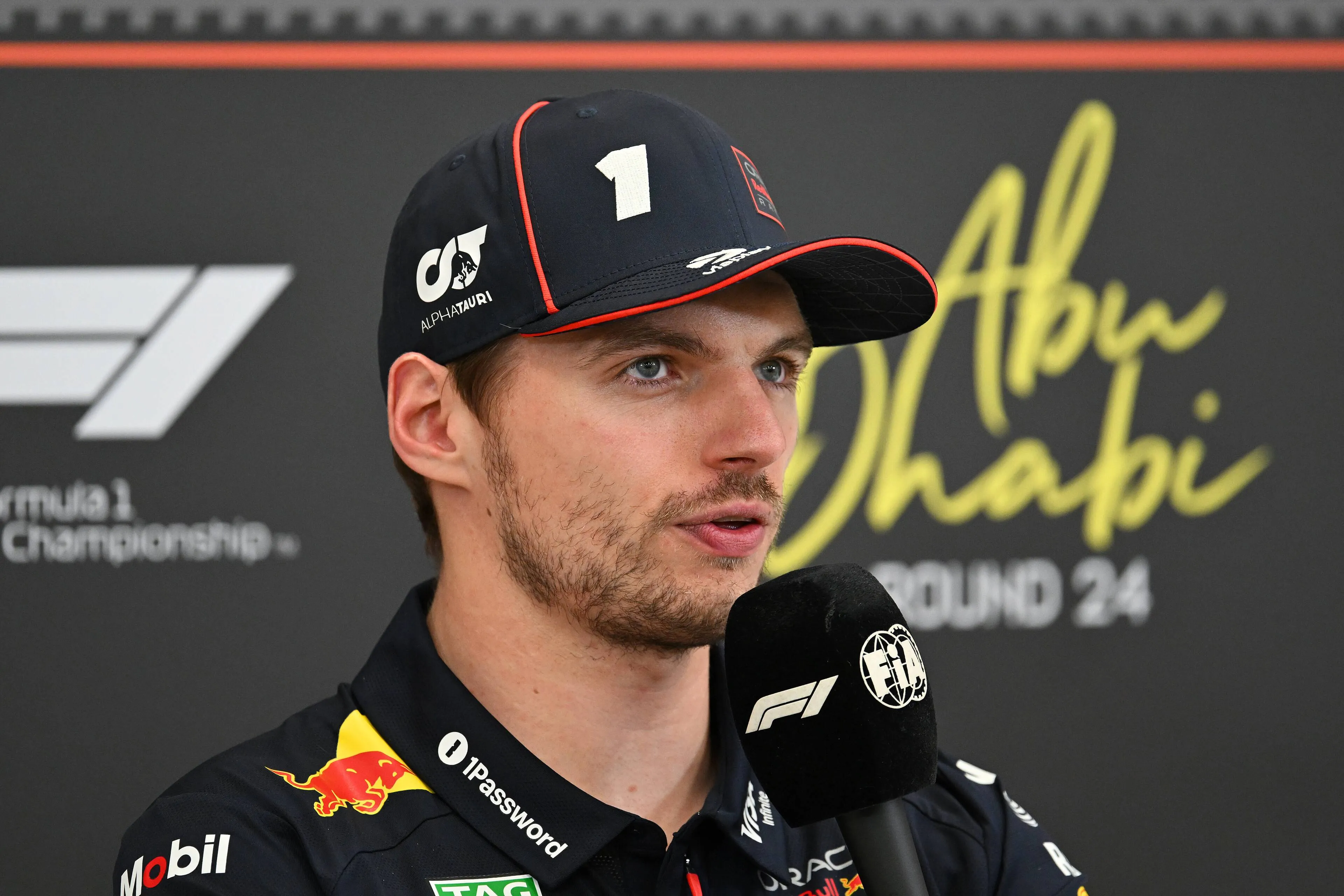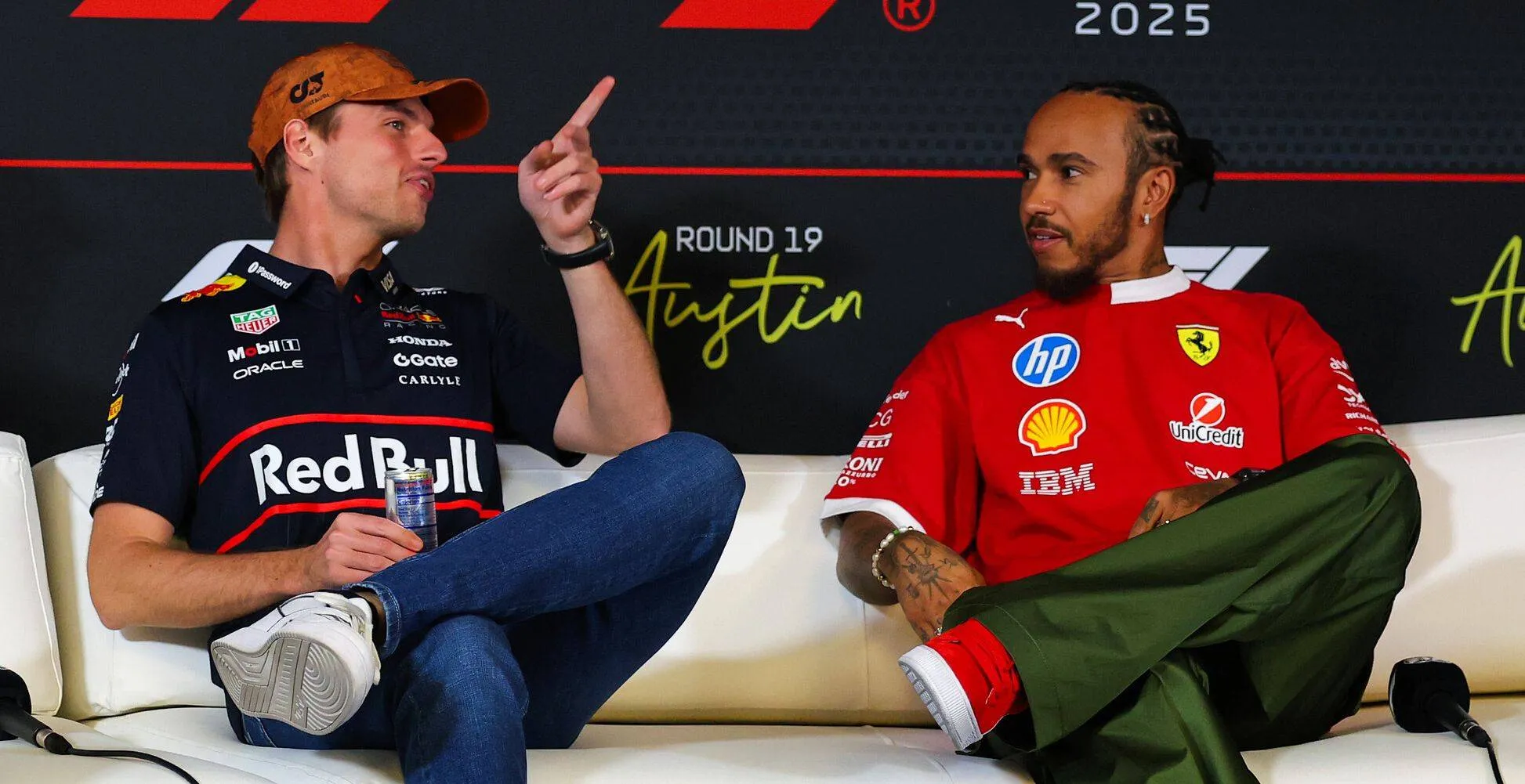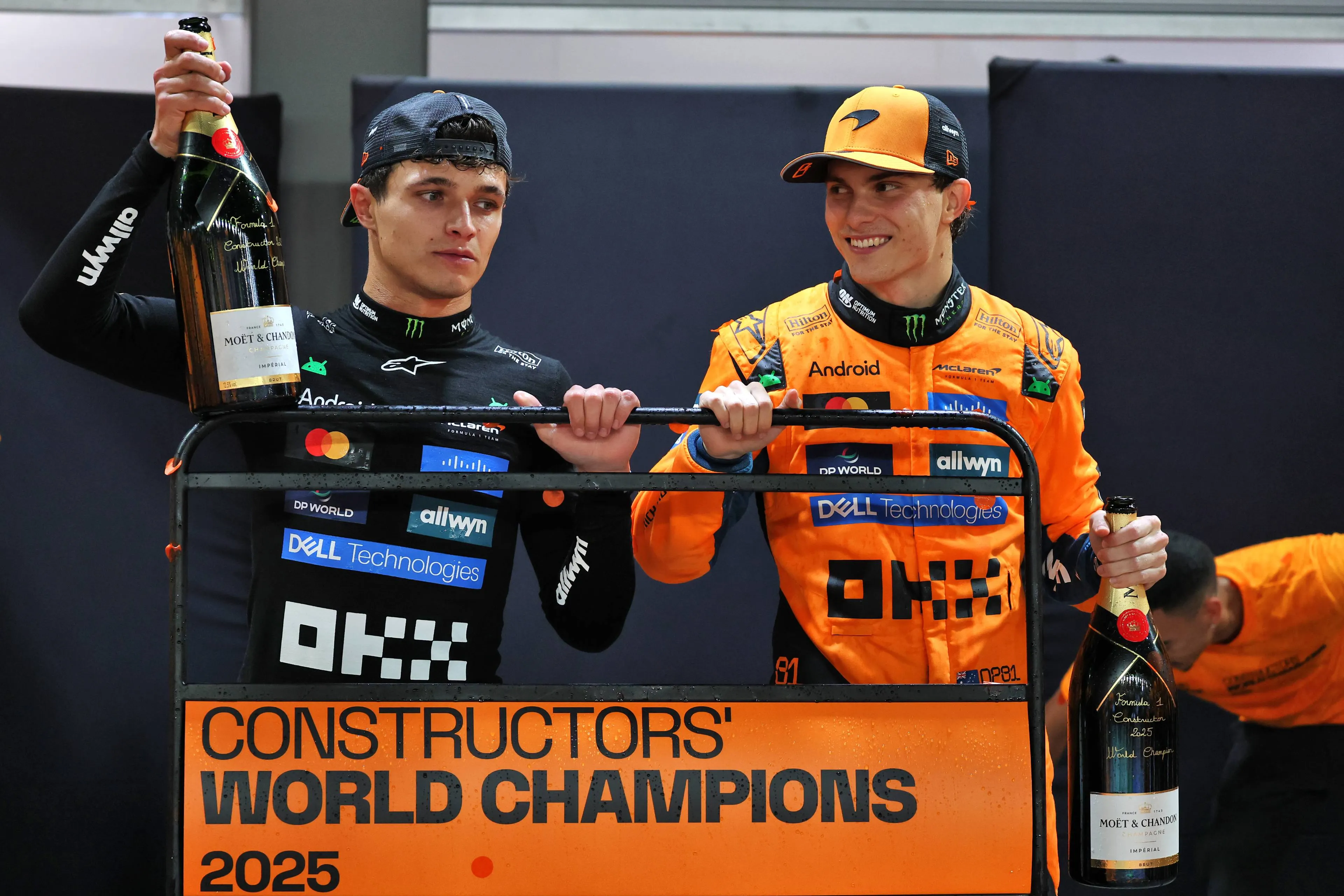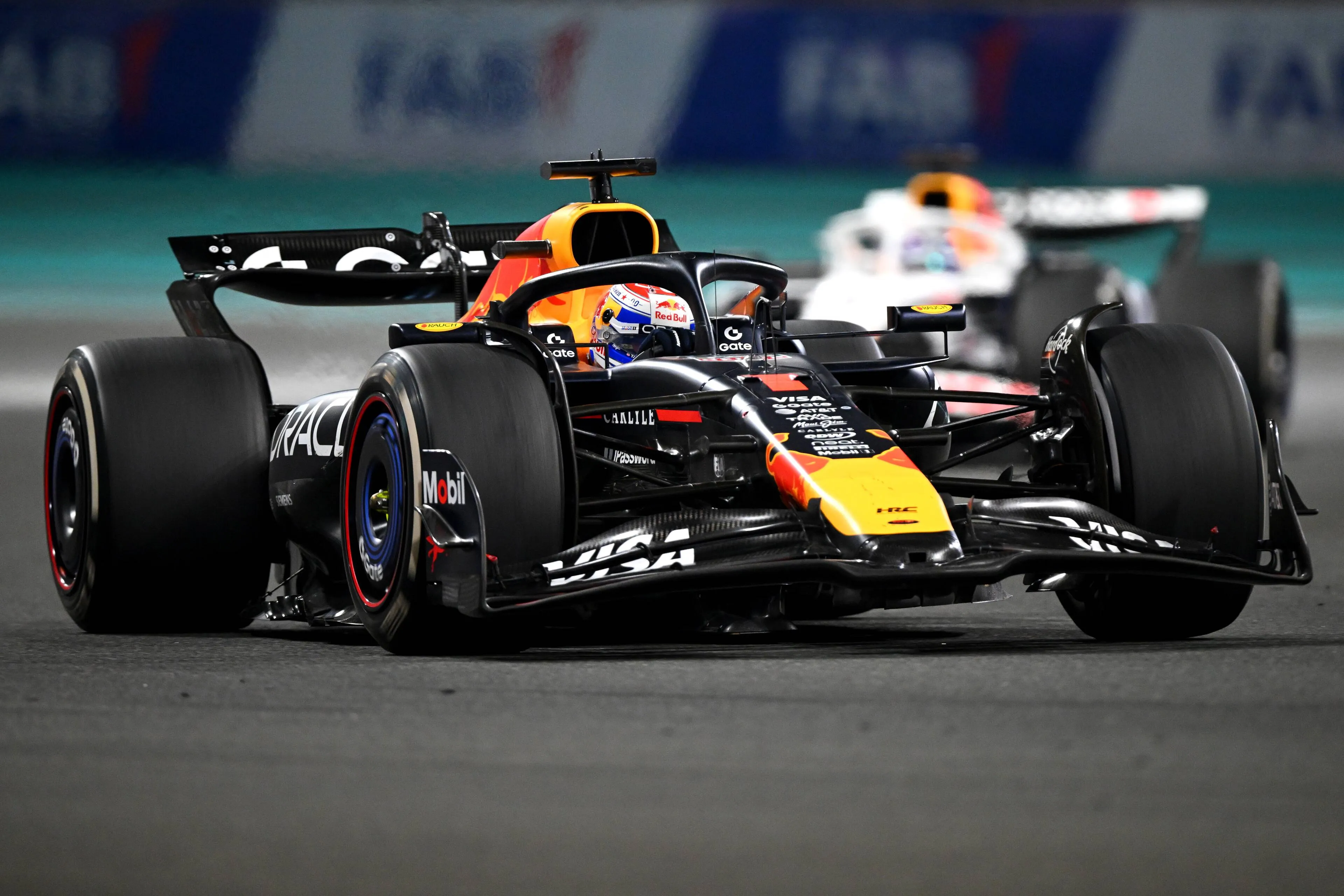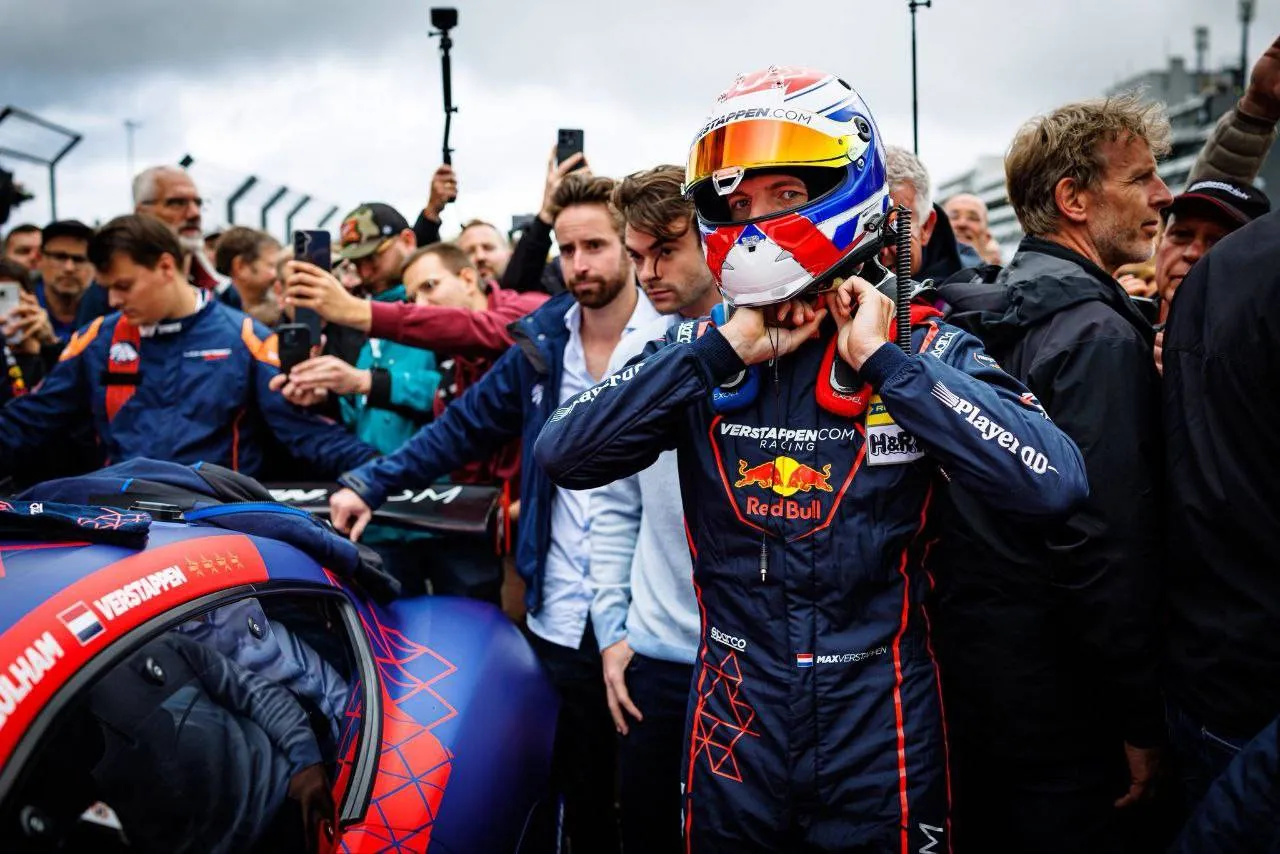
Verstappen GT success helps trigger unprecedented rule change
German motorsport officials have announced a major rule change following Max Verstappen’s GT racing success in September.
Sim racing is now regarded as a legitimate pathway to gain a Nordschleife racing license, with officials citing Verstappen’s sim racing exploits as a key factor behind the change.
This follows Verstappen’s recent win in the Nurburgring Langstrecken-Serie (NLS). He had no prior real life GT racing experience, relying only on what he learned sim racing online.
VLN sporting director Christian Vormann described Verstappen’s sim racing preparation as ‘crucial’ and outlined that it was ‘no surprise that he immediately felt comfortable’.
Read also
Sim drivers are allowed to race on the Nordschleife
The German motorsport federation is changing the rules for the DMSB Nordschleife Permit, which now also allows sim racers to participate.
To obtain a level B license, it is now sufficient to have participated in a number of sim racing events in the (NLS).
However, this change only applies to Permit B and not to the more elite Permit A, meaning sim racing is still not sufficient to qualify to drive the fastest cars.
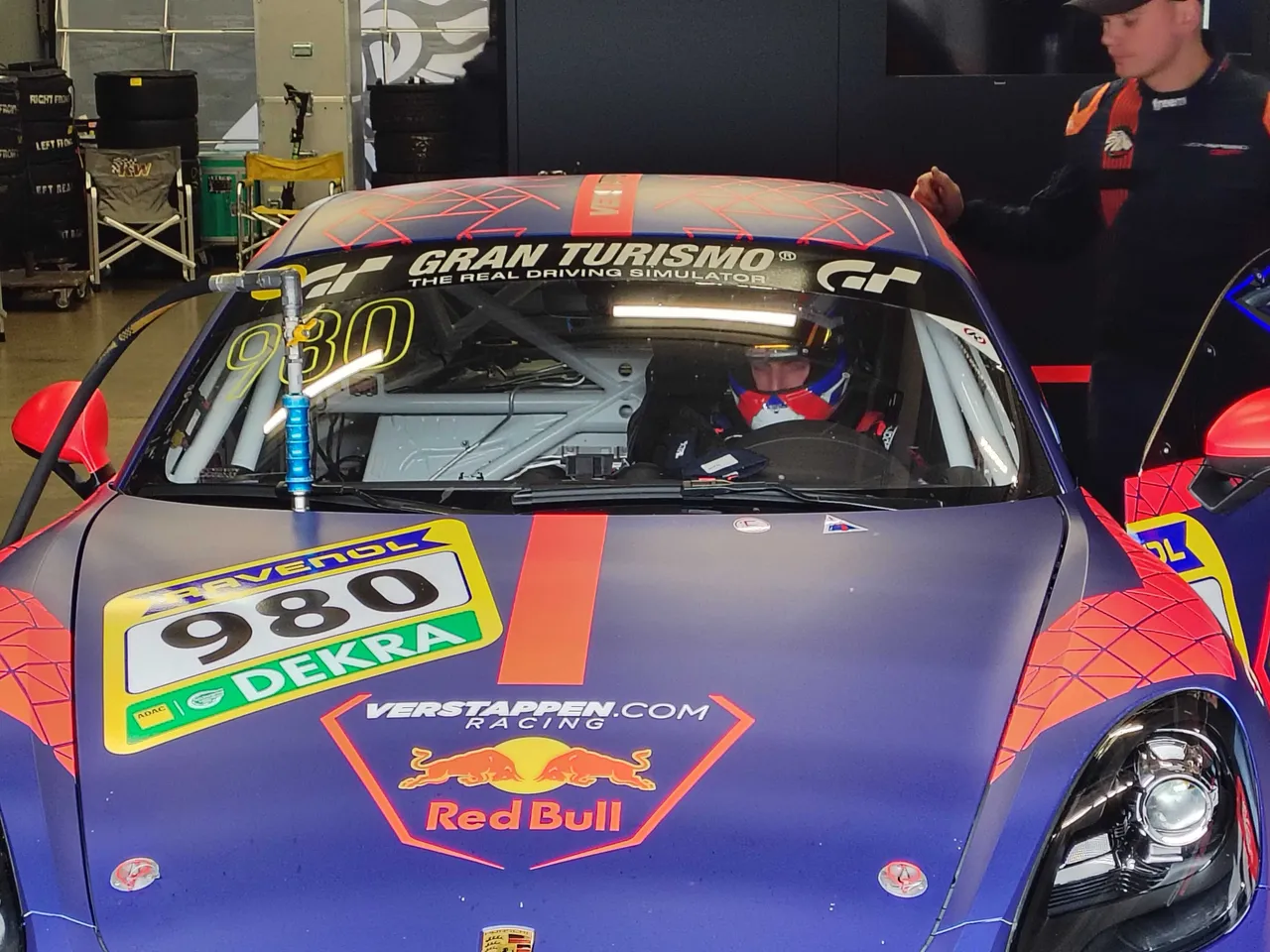
Verstappen’s teammate during his GT racing was Chris Lulham, a driver whose experience had largely been gained in the sim.
The Briton held his own alongside Verstappen, resulting in victory in their first GT race in the premier category at the German track.
Verstappen the rule changer
Max Verstappen has regularly been the catalyst for rule changes in Formula One.
Perhaps the best known example is the Formula 1 super license changes which Verstappen inspired.
Verstappen received his super license at the age of seventeen, but almost immediately afterwards the FIA decided that drivers had to be eighteen to be eligible for the super license.
GPblog's latest F1 Paddock Update
Want to stay up-to-date with what happens in the F1 paddock? Then GPblog's F1 Paddock Update video is the perfect way to do it. Subscribe to GPblog's YouTube channel and turn on notifications to never miss the latest episodes.
Popular on GPBlog
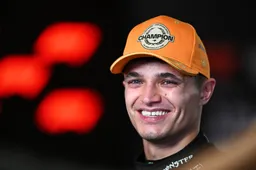
Norris receives a big boost in his bid for a second world title with McLaren
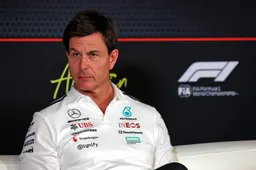
Mercedes see long-serving engine chief leave the team ahead of the new F1 season
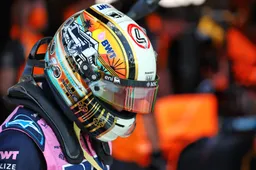
Alpine announces parting ways with ex-Formula 1 driver after 2025 swap
